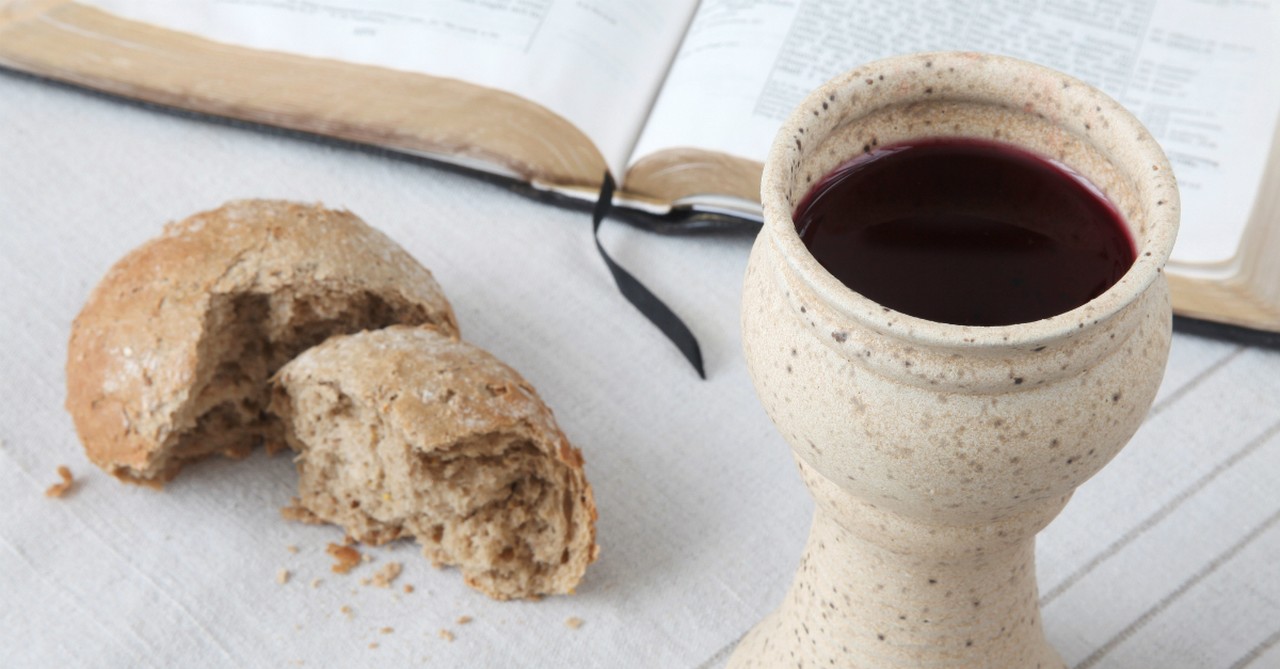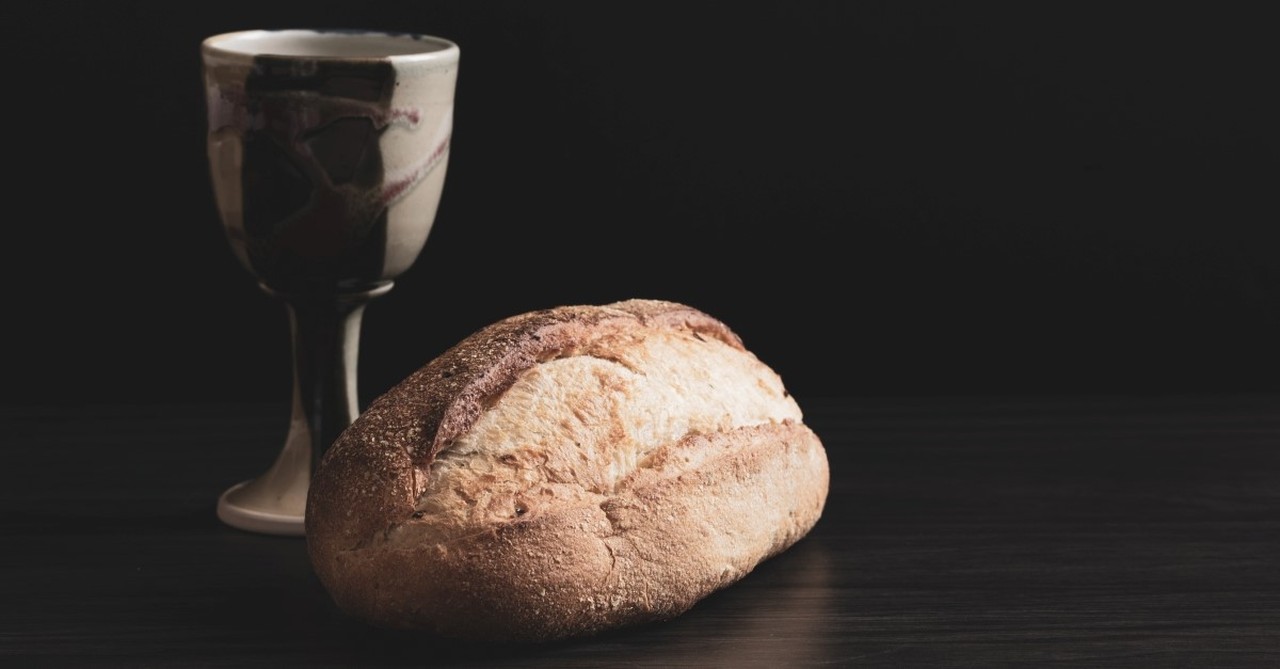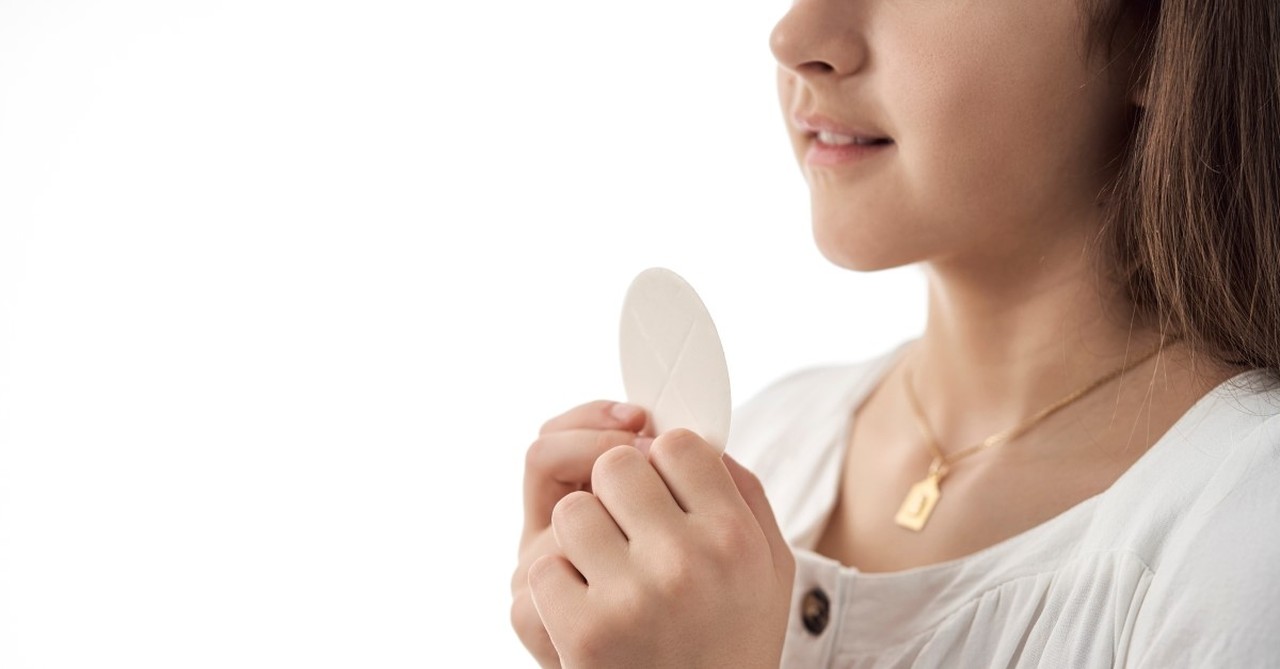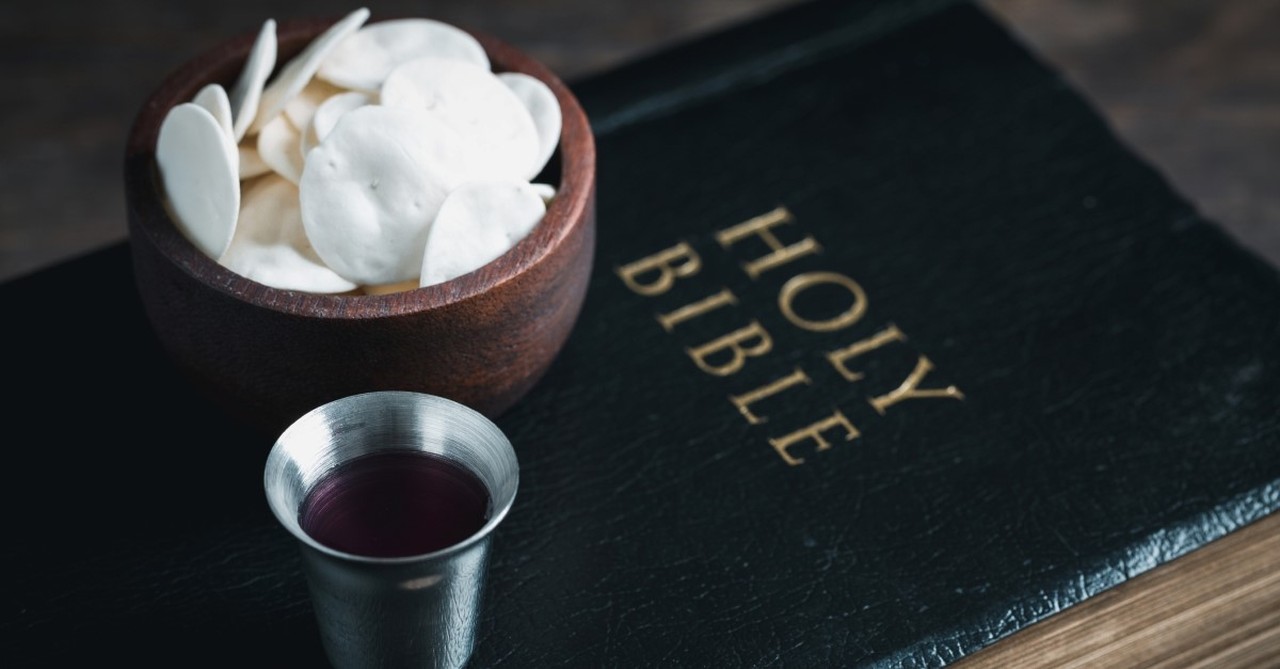What happens when someone can’t attend worship service due to medical conditions or other reasons? Maybe you have visited a hospital, nursing home, assisted living facility, or rehabilitation center and noticed people receiving Communion. In each unique situation, clergy can offer the elements and pray with each person.
Scripture shares that Jesus gave Communion to his disciples in an upper room in Jerusalem. Notice that this action was not inside the walls of a church. Jesus gave the Eucharist on the night He was betrayed. Jesus celebrated the Last Supper with his apostles.
Pastors and other clergy may sometimes carry Communion elements with them as they visit the shut-ins. They may ask a person if they would like to receive Communion. Then, a prayer and words of encouragement, along with silent meditation, may be included.
Whether inside or outside the church walls, the significance of Communion is important. Hospitals often have chaplains who are available to give the elements to those who are sick or dying.
God doesn’t limit our ability to know Him and to remember. Every time Communion is given and taken, we can pause, reflect, renew, and be inspired by God.
“And he took bread, gave thanks and broke it, and gave it to them, saying, “This is my body given for you; do this in remembrance of me. In the same way, after the supper he took the cup, saying, “This cup is the new covenant in my blood, which is poured out for you.” (Luke 22:19-20 NIV)
When does your church offer Communion? How can we experience the importance of taking the elements, and how can we share that feeling with others?
In His Name,
Melissa Henderson
Photo Credit:©GettyImages/doidam10
















